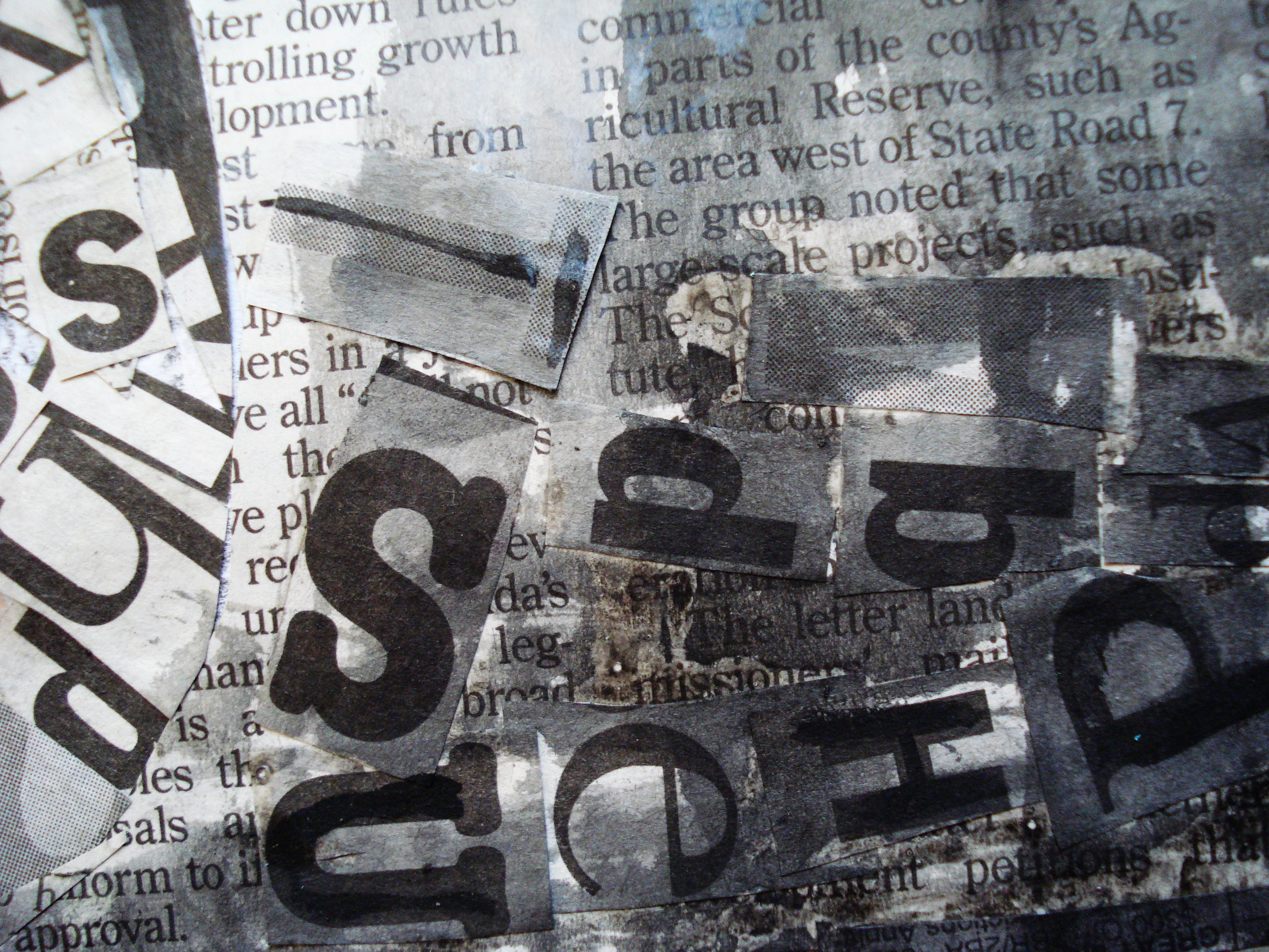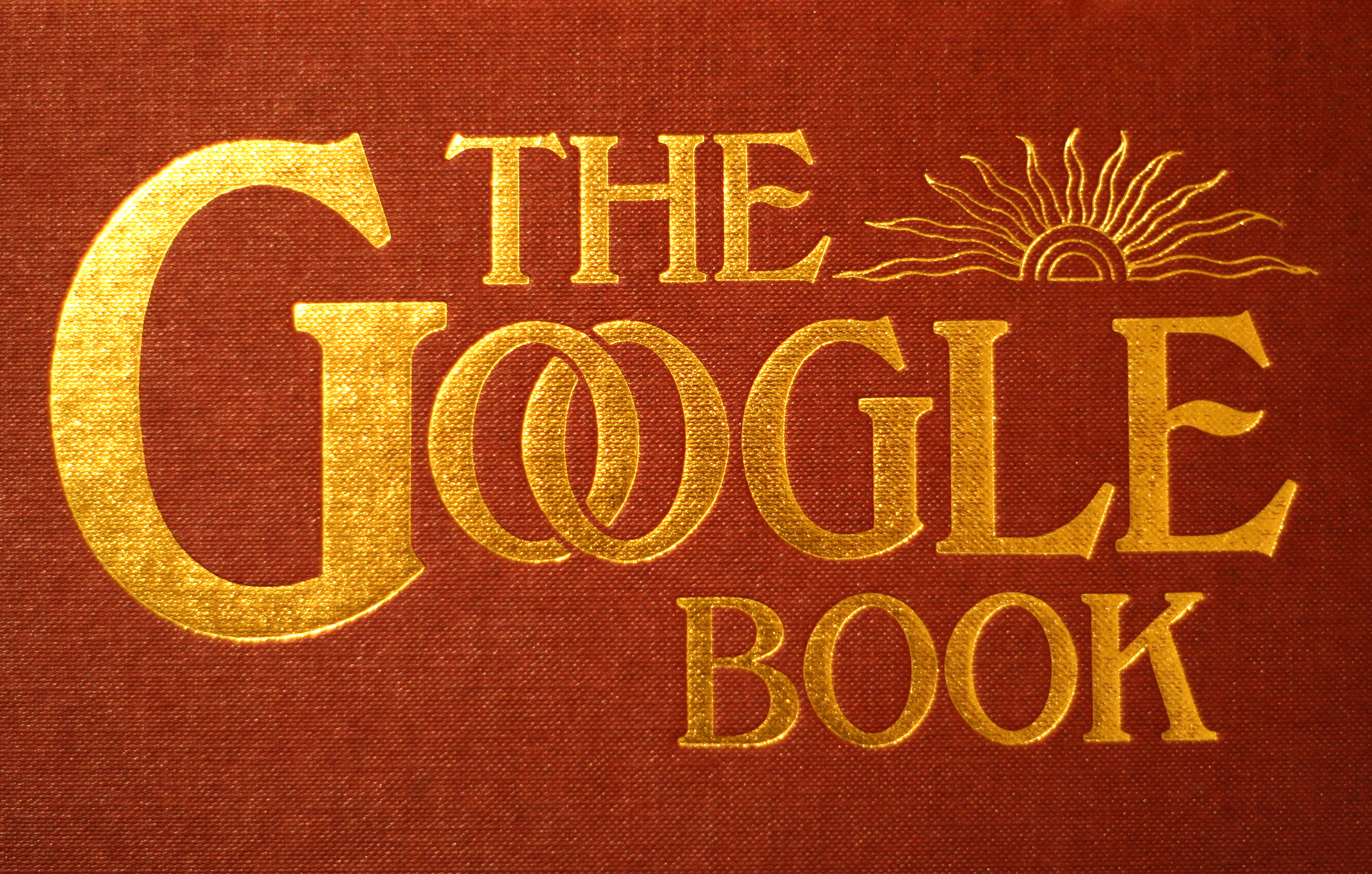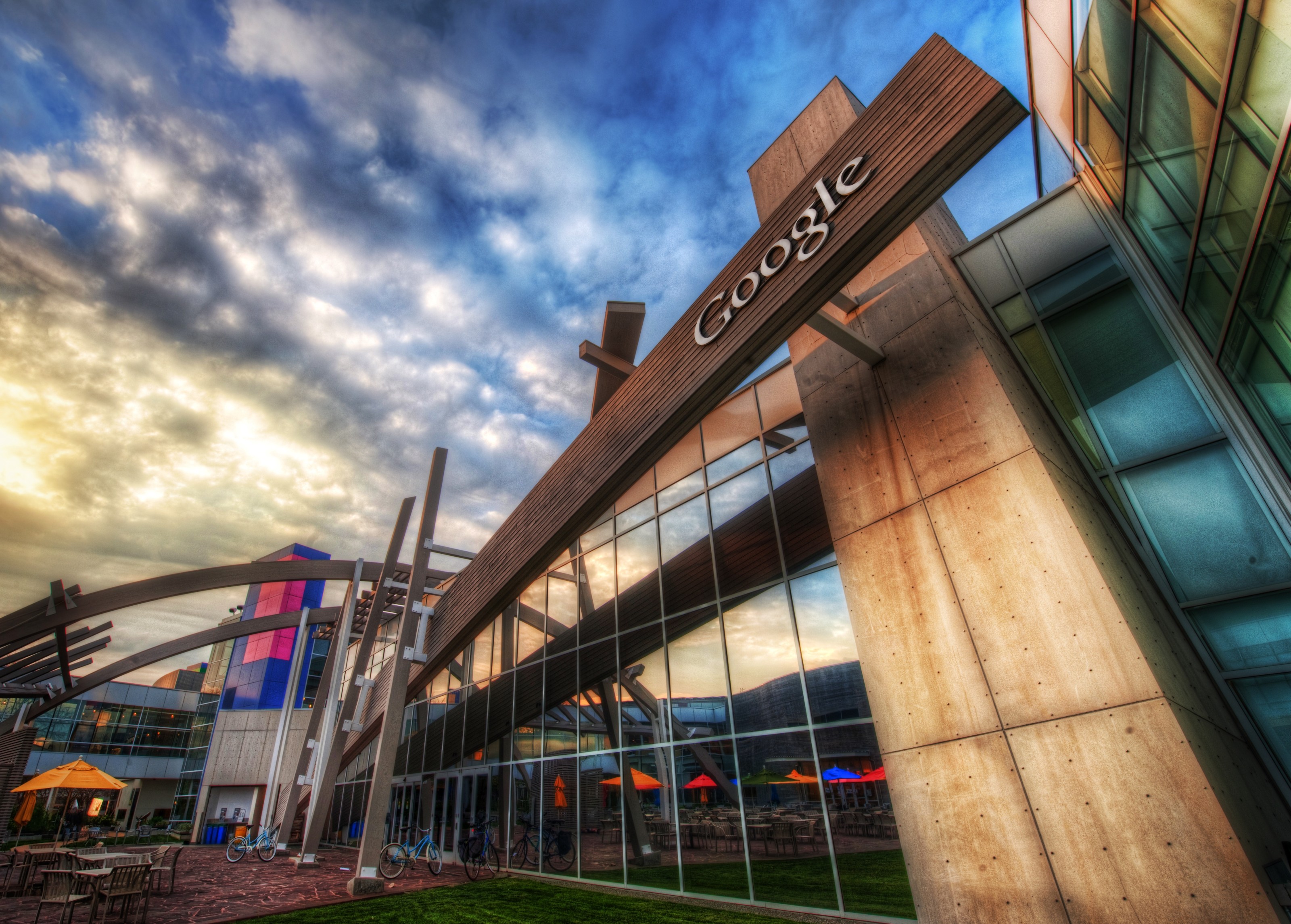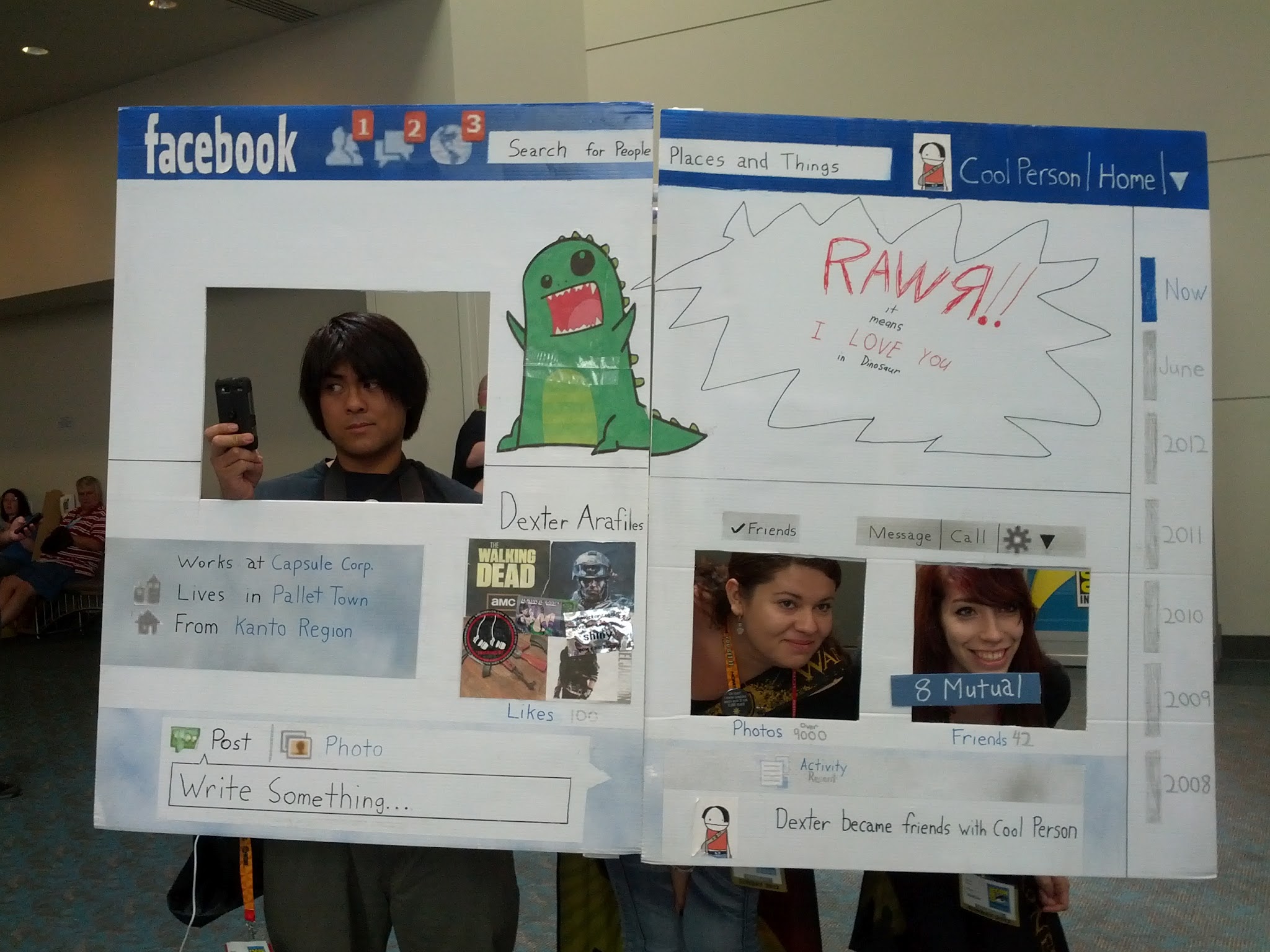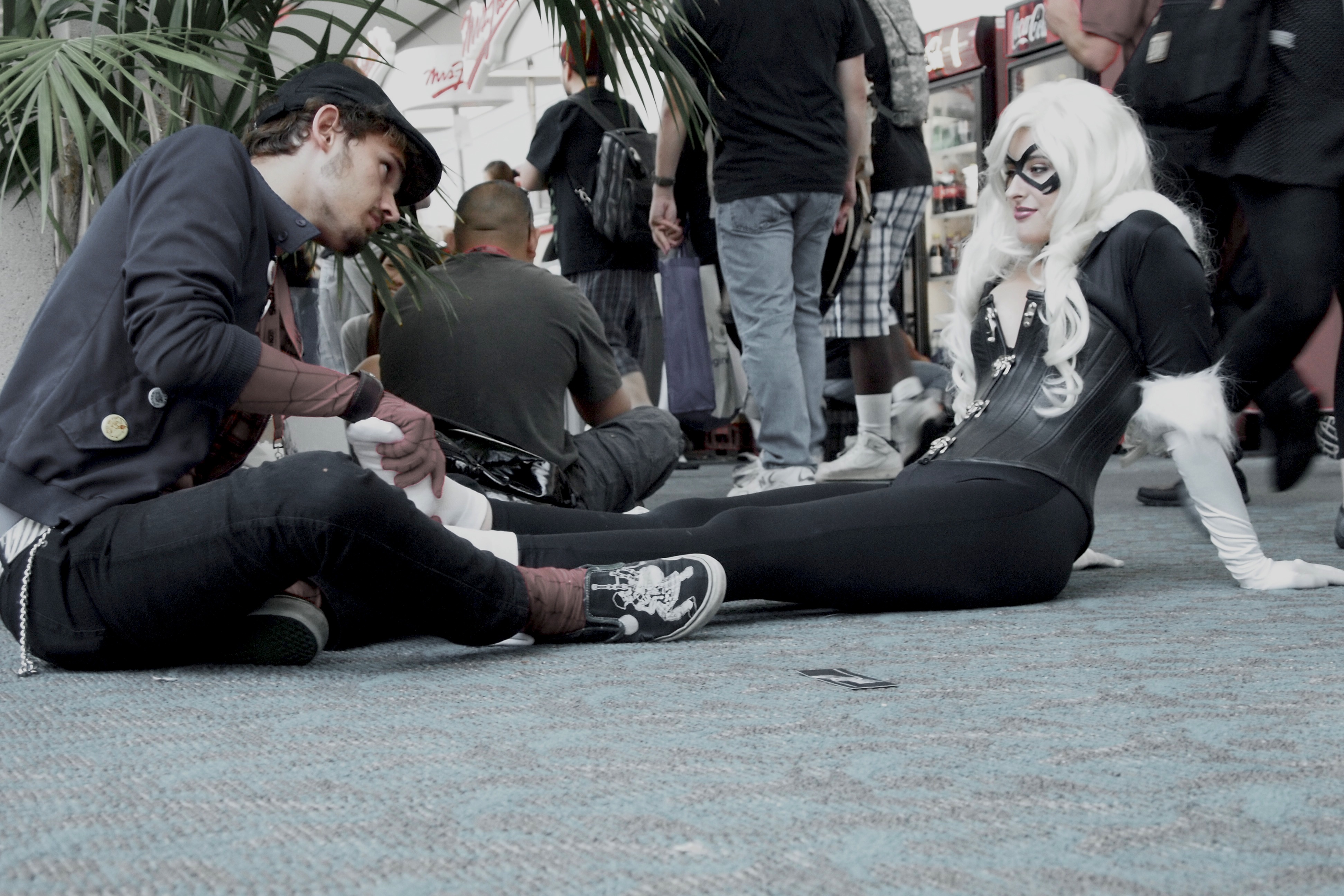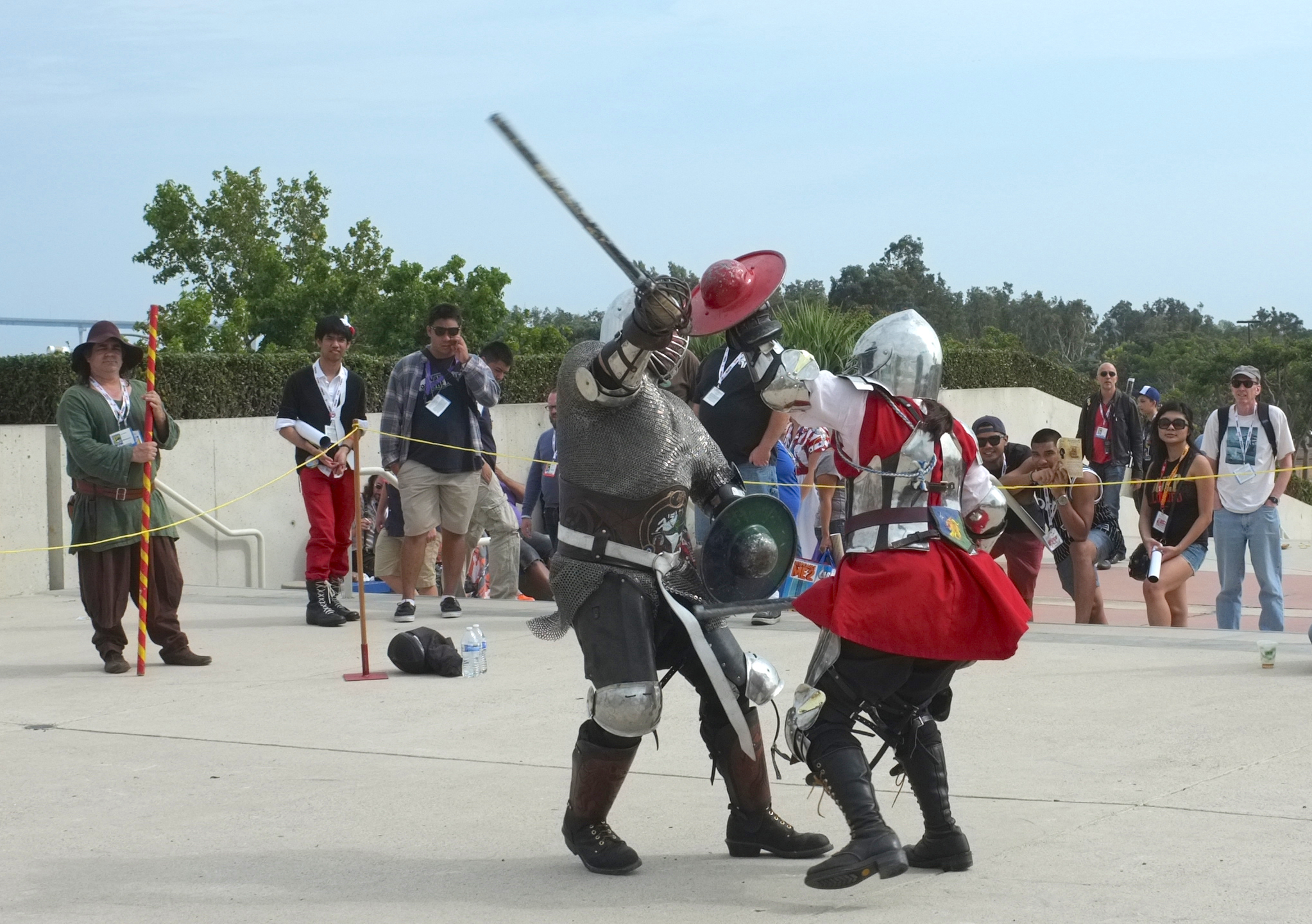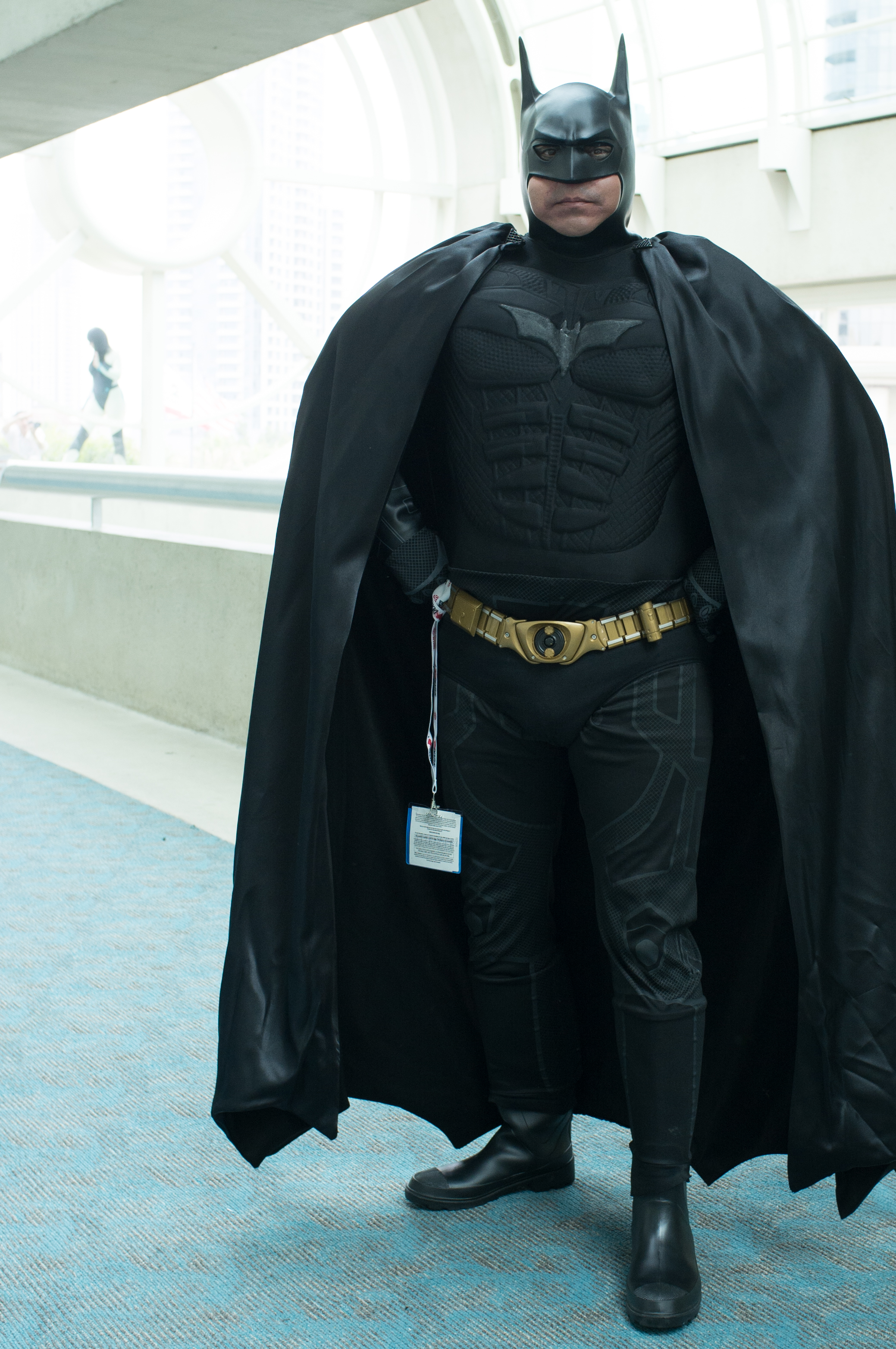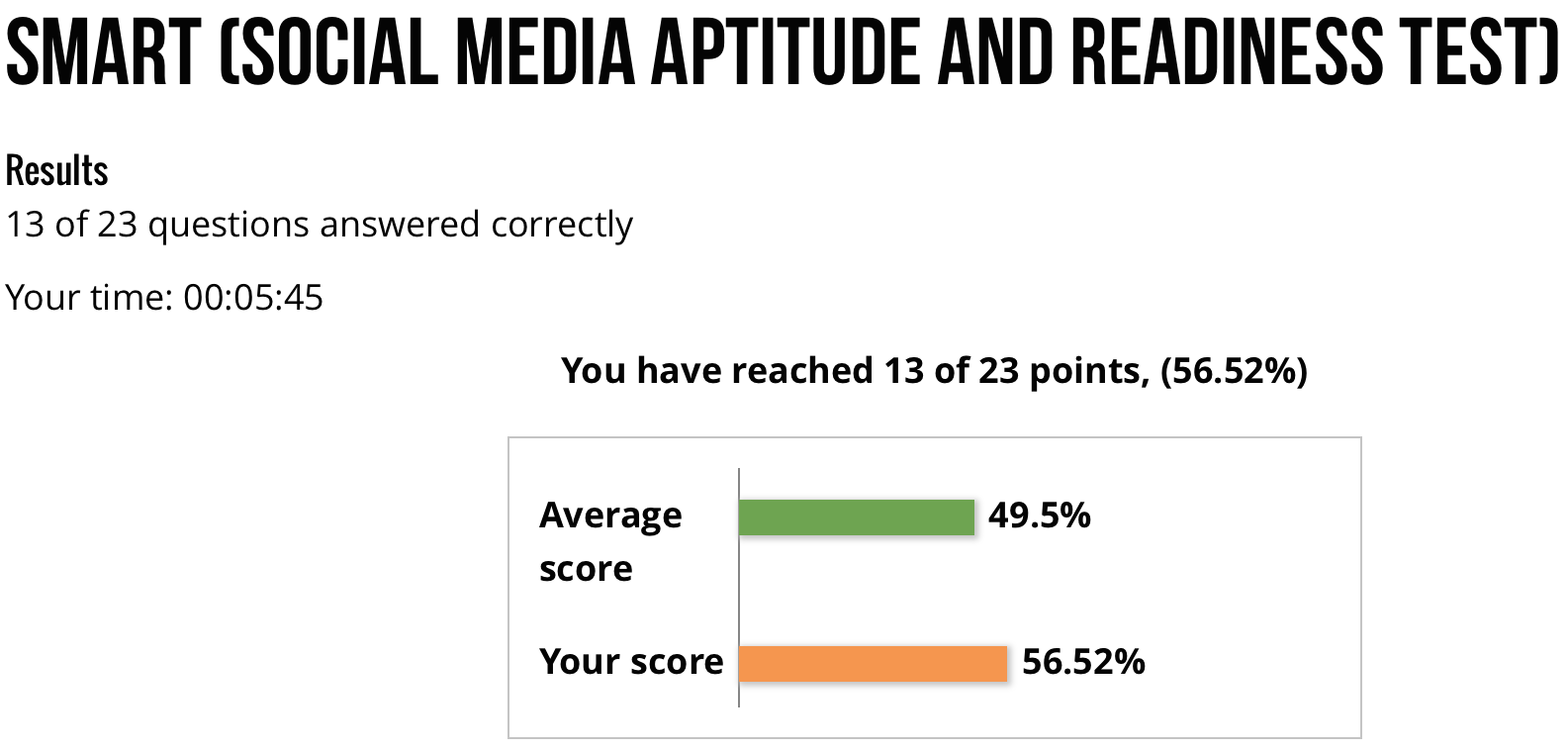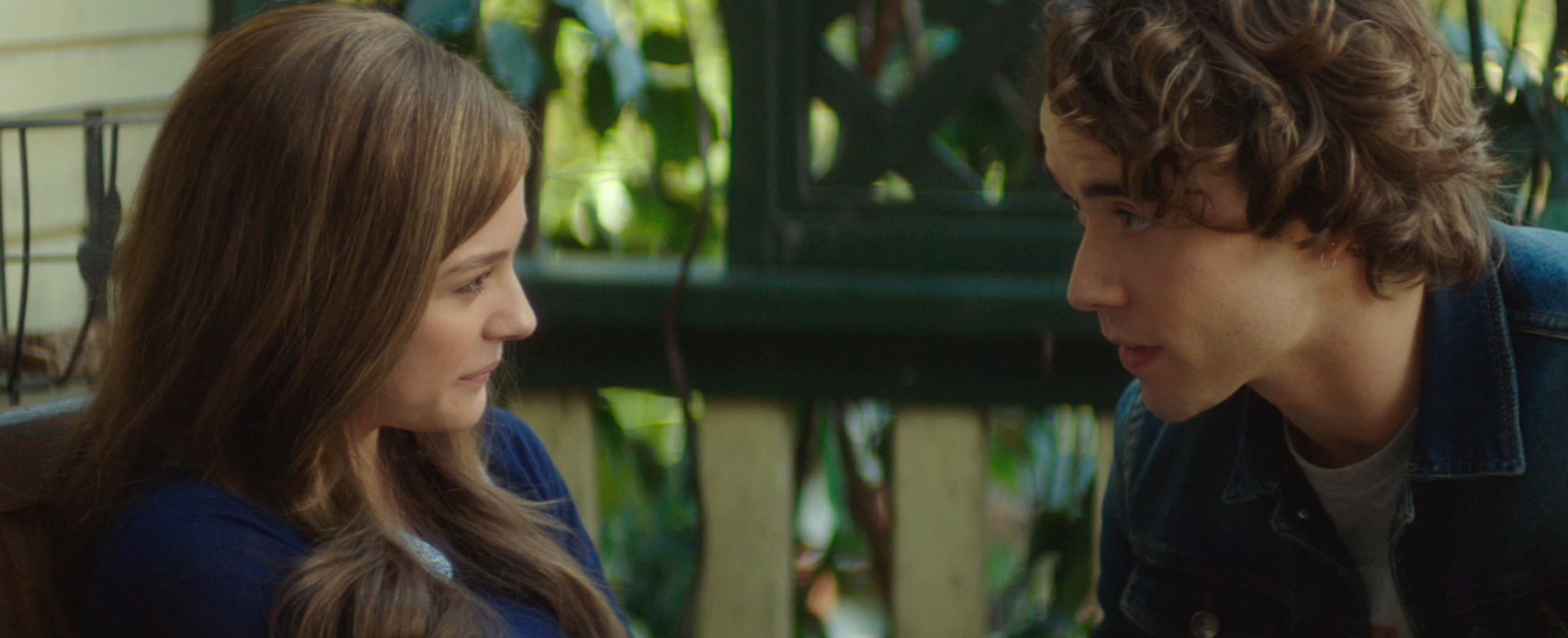The second of the five journalisms was a topic on this site long before becoming part of my ebook Responsible Reporting: Field Guide for Bloggers, Journalists, and Other Online News Gatherers. First reference: “Process Journalism and Original Reporting” (July 2009). The concept closely aligns with contextual journalism, which is the topic of the previous chapter published here a week ago.
I wrote the book understanding that the intersection of old and new media presents an opportunity to develop more realistic reporting guidelines. The cultural and ethical differences too often set one against the other, which process journalism demonstrates. However, online reporting demands a different way of thinking about news gathering and what the so-called quest for truth really means.
